Blood, water, and nuclear weapons India threatens Pakistan
Delhi closes the border with Pakistan, expels its diplomats, and suspends the agreement on shared water resources. Does this pose a threat of military conflict between two nuclear powers in the region?
A tragic incident
The current escalation was triggered by an attack on a group of tourists in Jammu and Kashmir.
On April 22, several armed individuals emerged from the forest and opened fire on tourists resting in a picturesque valley near the city of Pahalgam.

26 people were killed, and 17 were wounded. Evacuating the injured was difficult due to the lack of proper roads. This is considered the largest terrorist attack in the region since 2008.
Most of the victims were Indian citizens, with one of the deceased being from Nepal. The attack occurred during the visit of U.S. Vice President JD. Vance to India.
At a rally in Jammu, Indian nationalists immediately blamed Pakistan for organising the attack, and began burning Pakistani flags. According to the BBC, around 1,500 people were arrested in Kashmir in connection with the attack. The Jammu and Kashmir Students' Association reports that many students from Kashmir have been threatened and subjected to violence across India, with accusations that they are "terrorists."
Pakistan categorically denies any involvement in the shooting in Kashmir. As reported by Reuters, the "Kashmir Resistance" ( also known as The Resistance Front) group claimed responsibility for the attack. In their statement, they stated that the action was a response to the Indian government's relocation of 85,000 settlers from other states to Kashmir.

Indian intelligence agencies claim that the name "Kashmir Resistance" hides a faction of the fundamentalist group Lashkar-e-Taiba, which was responsible for the 2008 Mumbai attacks.
Previously, the "Kashmir Resistance" had not claimed responsibility for such large-scale attacks.
The oldest organisation advocating for the state's independence, the Jammu and Kashmir Liberation Front, has long abandoned armed struggle and condemned "non-Kashmiri militants" for continuing it.
The territorial dispute over the former princely state of Jammu and Kashmir has been ongoing between India and Pakistan since 1947. The majority of the region's population are Muslims. In 1989, an uprising erupted in Kashmir, claiming tens of thousands of lives.
In 2019, New Delhi revoked Kashmir's autonomy, dividing the state into two federally-administered territories—Jammu and Kashmir, and Ladakh. This move further heightened tensions.
Blood and water
This is not the first attack on the territory of the state. However, the consequences of this attack could be the most serious. On April 23, India announced the recall of some of its diplomats from Islamabad and the closure of the border.
All Pakistanis in India have been ordered to leave the country by April 29, including those holding medical visas. But the most significant development is that the Indian Cabinet Committee on Security, headed by Narendra Modi, announced the suspension of the water-sharing agreement.
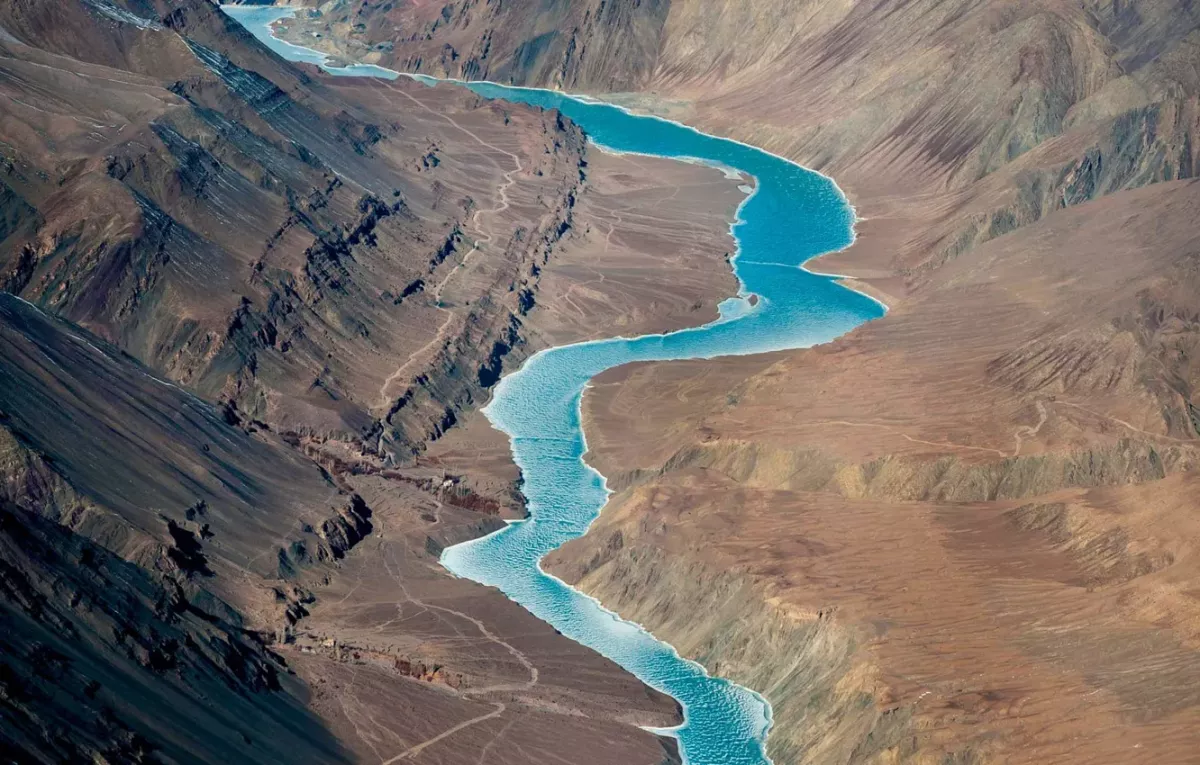
This concerns the waters of the Indus River, whose source lies in the Indian Himalayas. The river provides almost 90% of Pakistan's agricultural production and drinking water for over 200 million people. Blocking the river flow would lead to the ruin of millions of farmers, drought, and famine.
The agricultural sector employs about 40% of the country's population and contributes a quarter of Pakistan’s GDP. The production of electricity is also at risk.
The water agreement has been in place since 1960 and has not been violated even during the three wars between India and Pakistan.
Forecasts predict an extremely hot summer, with temperatures in Karachi already reaching 41°C.
Experts note that India lacks the technical capacity to quickly divert large volumes of water.
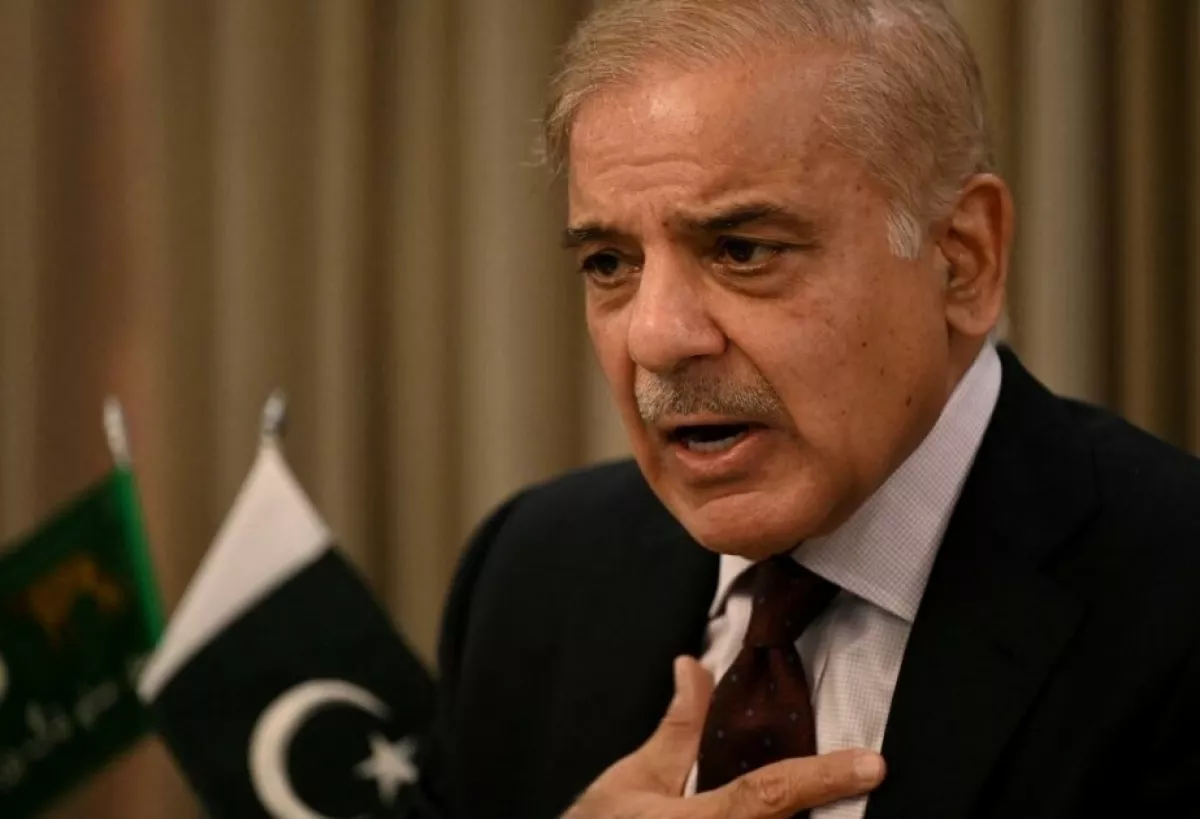
On April 24, Pakistan's Prime Minister Shehbaz Sharif responded with similar measures: closing the borders, expelling diplomats, suspending visas for Indian citizens, and halting limited trade. Islamabad declared that it would consider any Indian actions to divert water as an act of war.
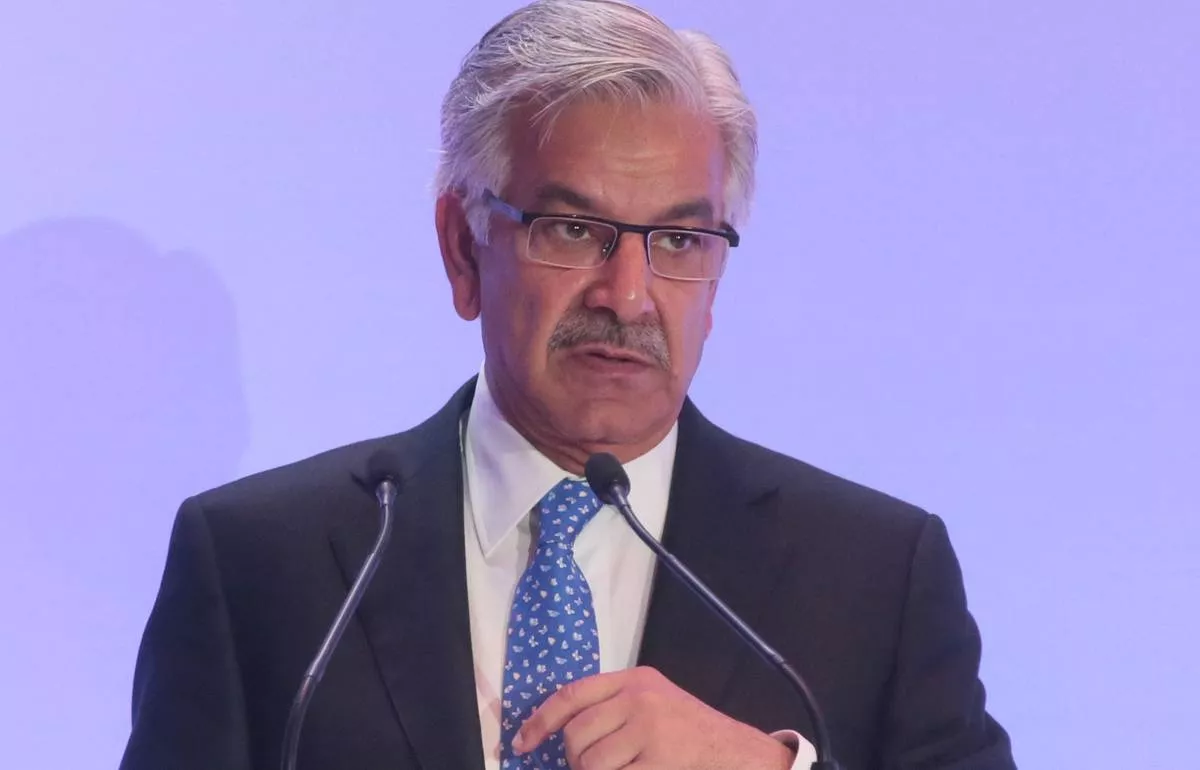
Pakistan's Defence Minister Khawaja Muhammad Asif stated: "[India is] fighting a low-intensity war against us, and if they up the scale, we are ready. To protect our land, we will not come under any international pressure."
He also added that India had long been preparing to terminate the water agreement and was using the incident as a pretext.
"India’s accusations against us are baseless. We strongly condemn terrorism," the minister said.
India's Ministry of External Affairs strongly advised its citizens to avoid travelling to Pakistan and to return home immediately.
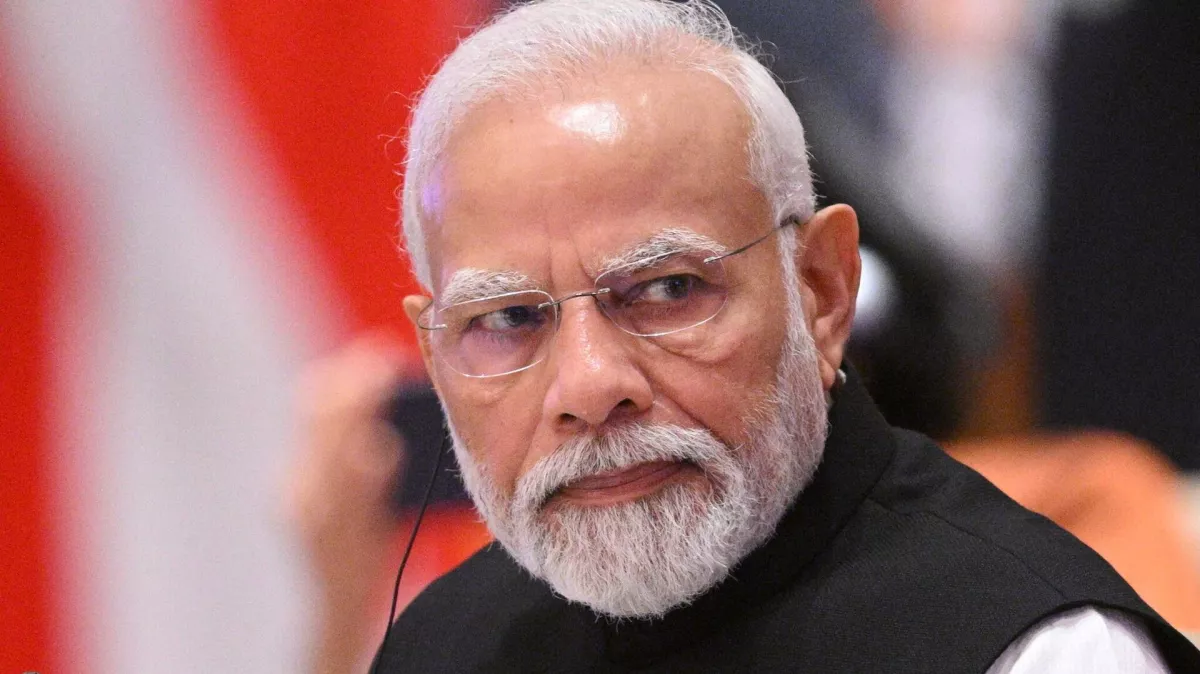
Narendra Modi also delivered a stern speech in Bihar, promising to find those responsible for the attack and make them "pay a price that exceeds their imagination."
"Those who carried out this terror attack and those who planned it will get a punishment beyond their imagination. … It is time to render into dust the remaining land of terrorists. The resolve of 140-crore (1.4 billion) Indians will now break the backs of the masters of terror,," Modi declared.
It should be noted that the ruling party in India is the far-right Bharatiya Janata Party (BJP).
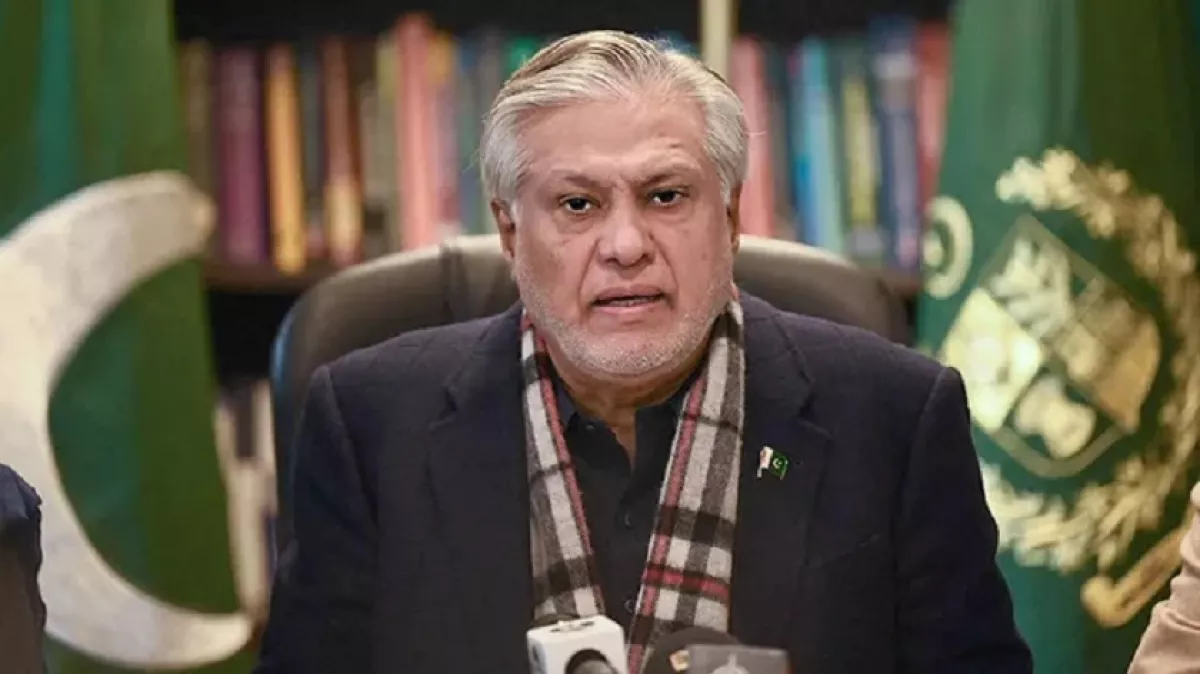
Pakistan's Foreign Minister Ishaq Dar described India's response as "immature and hasty" and pointed out the lack of evidence linking Pakistan to the Kashmir attack.
Nuclear escalation
There are many theories about who might be behind the attack in Pahalgam. The simplest one is that militants from one of the active groups in the region carried out the attack on their own initiative. After all, armed illegal organisations have their own logic of existence, which may not be entirely understood by ordinary people. For them, militant actions are a way of life.
As a result of all this, the two nations could find themselves on the brink of a nuclear conflict. Both India and Pakistan currently possess hundreds of nuclear warheads and modern missile delivery systems.
It has also been suggested that India had already planned to exit the water-sharing agreement and is using the tragic incident in Kashmir as a pretext. Earlier, New Delhi had already called for a revision of the current water treaty, claiming that Pakistan allegedly uses up to 80% of the Indus basin's water.
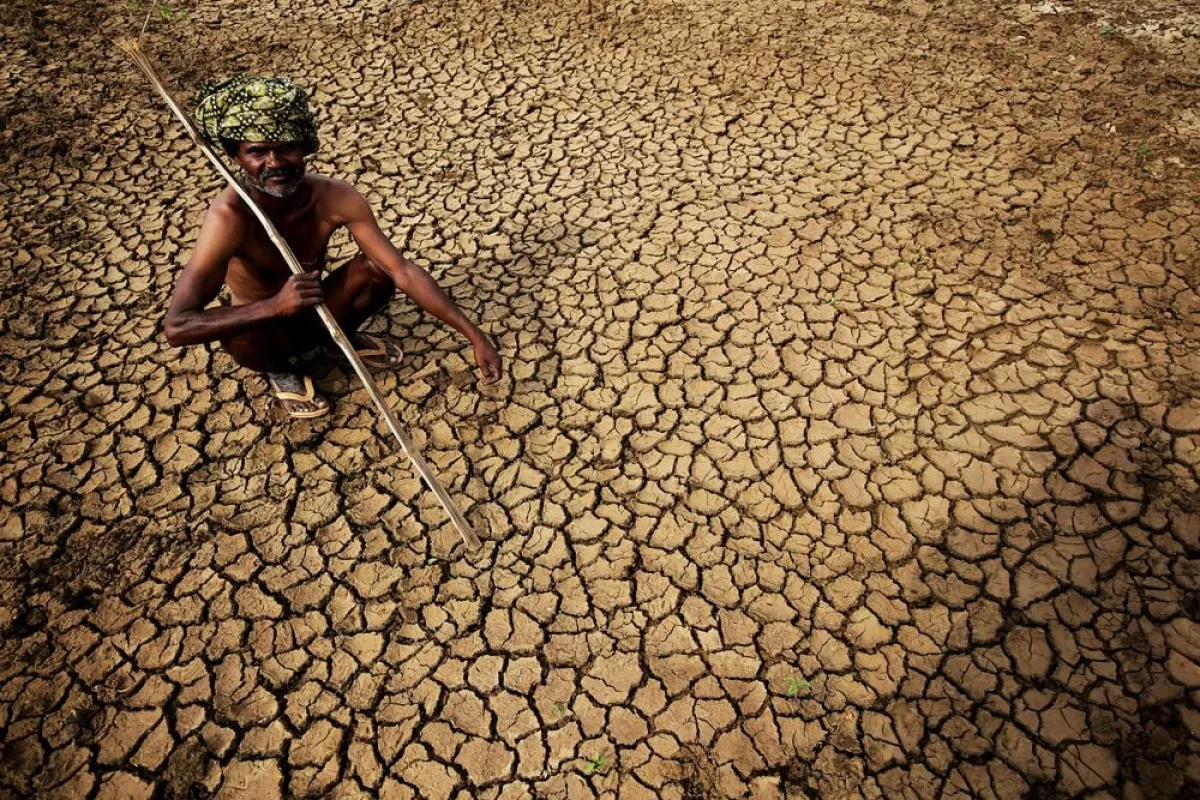
In the context of global warming, water has long become a strategic resource. India suffers from periodic droughts, partly due to the intensification of the El Niño phenomenon.
Many regions of the country are facing severe water shortages. For several years now, India has been experiencing abnormal heatwaves.
March 2022 was the hottest month in 122 years (45°C). August 2023 was also the driest in more than 100 years of observation, with rainfall 36% below the average.
According to estimates, by 2030, water demand in India will exceed supply by double. The water shortage in India, the world's largest rice exporter and second-largest wheat producer, exacerbates the global food crisis.
India has even created a special ministry, Jal Shakti, to address the water issue. The Indus River ranks third in India in terms of water usage. The project to redirect some of the major northern Himalayan rivers (though excluding the Indus) to the dry south has been under discussion in India for quite some time.
There are ample grounds to believe that Prime Minister Modi’s response to the current conflict with Islamabad will be quite harsh. Domestic political factors may also push the leader of the Indian ultranationalists in this direction.
The 2024 elections proved to be a setback for the ruling Bharatiya Janata Party (BJP). The far-right party secured 36.5% of the vote, losing 63 seats in parliament, the largest loss in its history. The BJP no longer holds a parliamentary majority, and Modi now leads a coalition government.
Meanwhile, the opposition alliance "India," which brought together more than 20 national and regional parties for the first time, made significant gains in the recent elections. This success came despite various forms of persecution, including the freezing of party funds and the imprisonment of its leaders.
The main opposition party, the left-centre Indian National Congress (INC), performed particularly well in the 2024 elections, improving its results more than twofold. This marked a significant turnaround for the INC, which had previously suffered severe defeats.
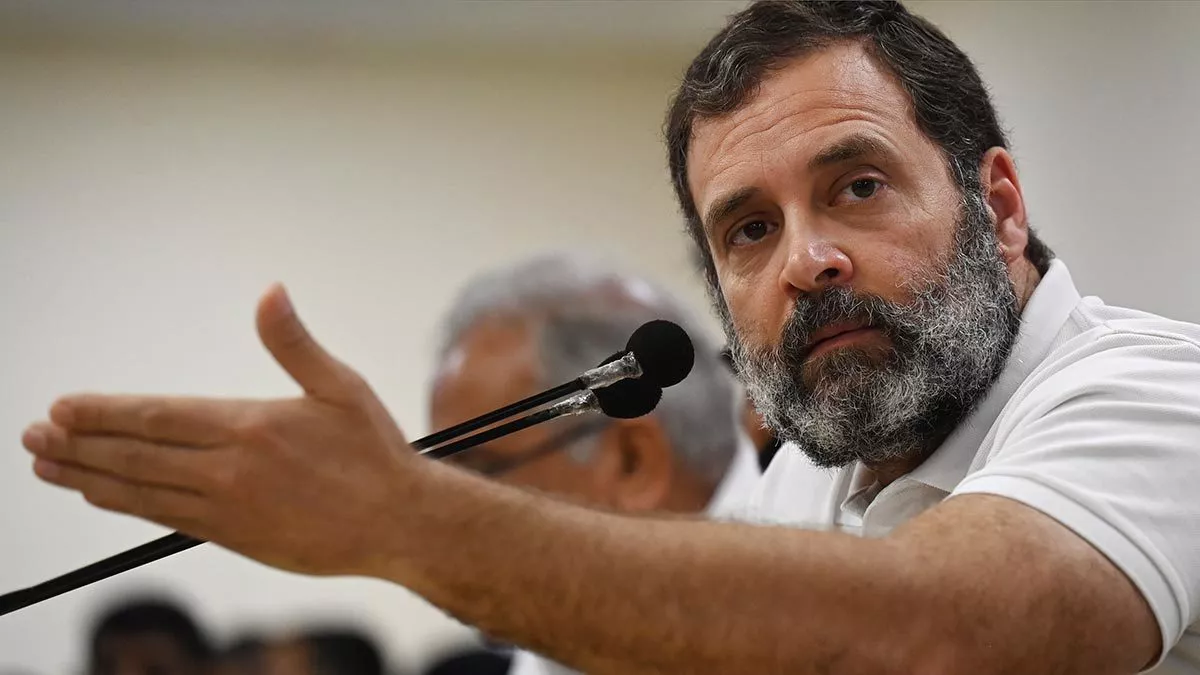
"The country has said to Narendra Modi ‘We don’t want you,’" said Rahul Gandhi, leader of the Indian National Congress, after the elections.
Now, the ultraconservatives have a good chance to drown out public discontent in a military frenzy and nationalist hysteria.
The last time India and Pakistan were truly on the brink of full-scale war was in 2019 after a suicide bombing by the Jaish-e-Mohammed organisation in Kashmir. At that time, India carried out airstrikes on Pakistani territory for the first time since 1971, but Pakistan's Air Force managed to shoot down two Indian aircraft.
In 2021, the two countries resumed their previous ceasefire agreement along the border, but local clashes have continued. For example, in the summer of 2023, Indian border guards killed two Pakistani shepherds.
In recent hours, reports have emerged that the U.S., the UK, China, and the EU have urged both sides to exercise restraint. UN Secretary-General António Guterres has offered assistance in resolving the situation.
The United Nations is the guarantor of the water-sharing agreement between India and Pakistan. Will the "international community" prevent an impending military conflict this time? One can only hope...
P.S. India's aviation regulator has reported unprecedented demand for tickets from tourists and business visitors desperately trying to return home.








